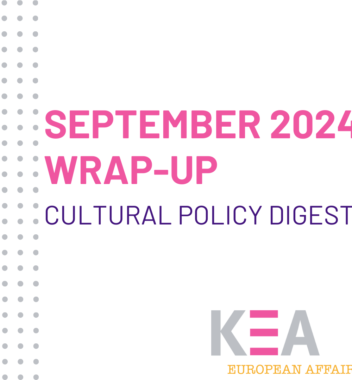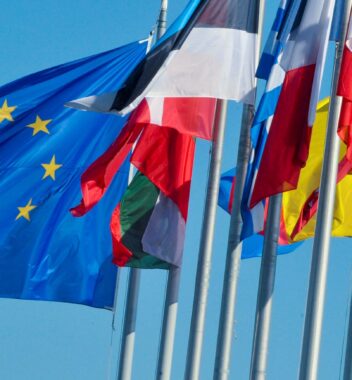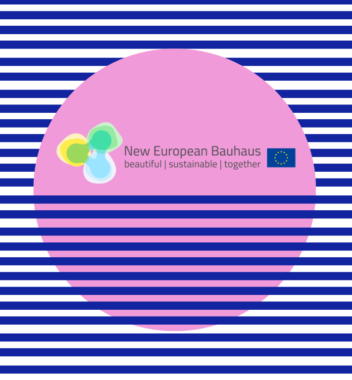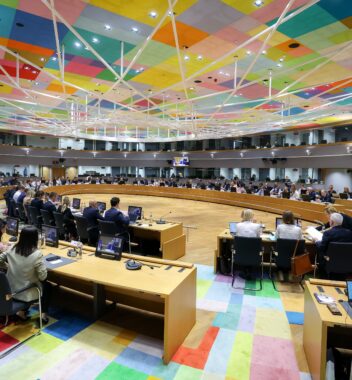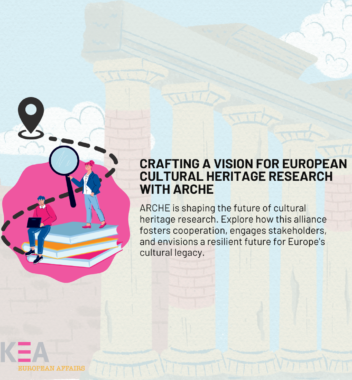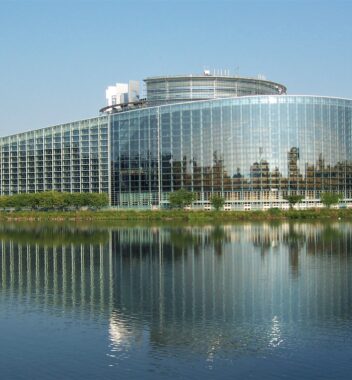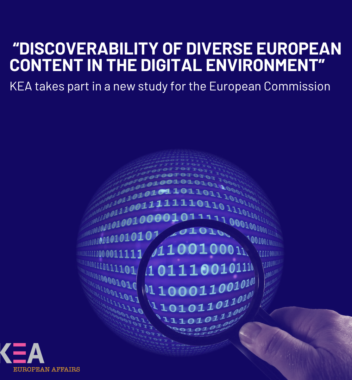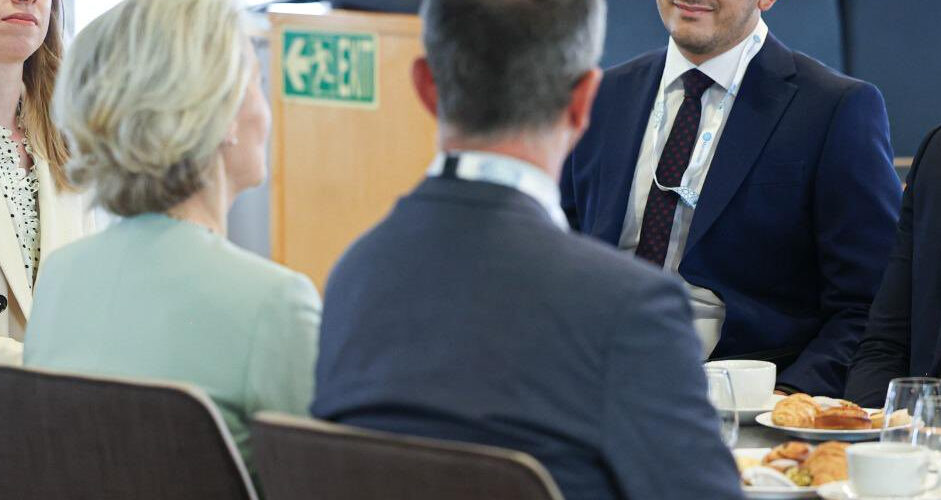
It has been just over a week since Commission President Ursula von der Leyen announced the next College of Commissioners. The 27 candidates, each from a different EU country, have just received their mission letters from the President. These public letters contain guidelines for the Commissioners to-be and show the path that von der Leyen envisions for Europe. Her decision on the College is not yet final: the nominated candidates still have to go through rigorous parliamentary hearing sessions that will determine who goes – and who stays – for the next five years. But a look at the content of the mission letters is useful to understand what policymakers can expect from von der Leyen’s revamped mandate. So, what is in it for the cultural and creative industries (CCIs) and sport?
Under the new distribution, education is now in the hands of Romanian Roxana Mînzatu (S&D), the proposed Executive Vice-President for People, Skills and Preparedness. Culture is one of the four competence areas of the new Commissioner for Intergenerational Fairness, Youth, Culture and Sport, Maltese Glenn Micallef (S&D). In her mission letter to Micallef, von der Leyen asks him to provide Europe with a more strategic policy approach to culture, based on a Culture Compass., although the exact methodology of this Compass remains unclear.
Other key aspects mentioned in the letter include unlocking the competitiveness potential of the CCIs, as well as contributing to the development of an AI strategy for the CCIs. Micallef was asked to do so by working closely with the Executive Vice-President for Tech Sovereignty, Security and Democracy, Finnish Henna Virkkunen (EPP). In this context, it is important to note that Virkkunen has been tasked with setting up a European AI Research Council, and developing an EU Cloud and AI Development Act, as proposed in The future of European competitiveness, report by Mario Draghi, former European Central Bank President. As an aside, the Draghi Report did not mention the CCIs or sport once. This is striking, especially given the cohesive power of culture, creativity and sport.
In addition, the mission letter asks Micallef to focus on the working conditions of artists and cultural professionals. This part of Micallef’s mission could be hampered by the lack of robust data on working conditions in the CCIs. If von der Leyen wants better working conditions, Micallef will have to work with better data. This challenge could be addressed through the establishment of initiatives such as the Cultural Creative Sector (CCS) Observatory, developed as part of the Horizon Europe Cicerone project. The CCS Observatory was designed to facilitate the exchange of knowledge and data within the CCS by addressing the fragmentation that results from operating in industrial silos. Employing a cross-silo approach, it examines the CCS through the lens of production networks, recognizing the increasingly interconnected nature of collaborations that transcend traditional industrial classifications. Combined with quantitative evidence, this approach would make it possible to capture the full range of spill-over effects and added value generated by the CCS, as well as facilitate evidence-based policymaking in this sector.
Back to Micallef’s mission letter: cultural heritage is directly mentioned – it shall be part of Micallef’s mission to improve access to cultural heritage, especially for young people. Regarding sport, von der Leyen asks Micallef to prepare a new strategy to strengthen the European Sport Model (which is based on solidarity, values and competitiveness), to strengthen European sport diplomacy, and to propose an update to the Council Recommendation on Health Enhancing Physical Activity.
Von der Leyen finishes her mission letters by calling on the Commissioners-designate to “hit the ground running on day one”. It remains to be seen whether the CCIs and sport will be left standing at the starting line, or if they will get enough power to move forward.

